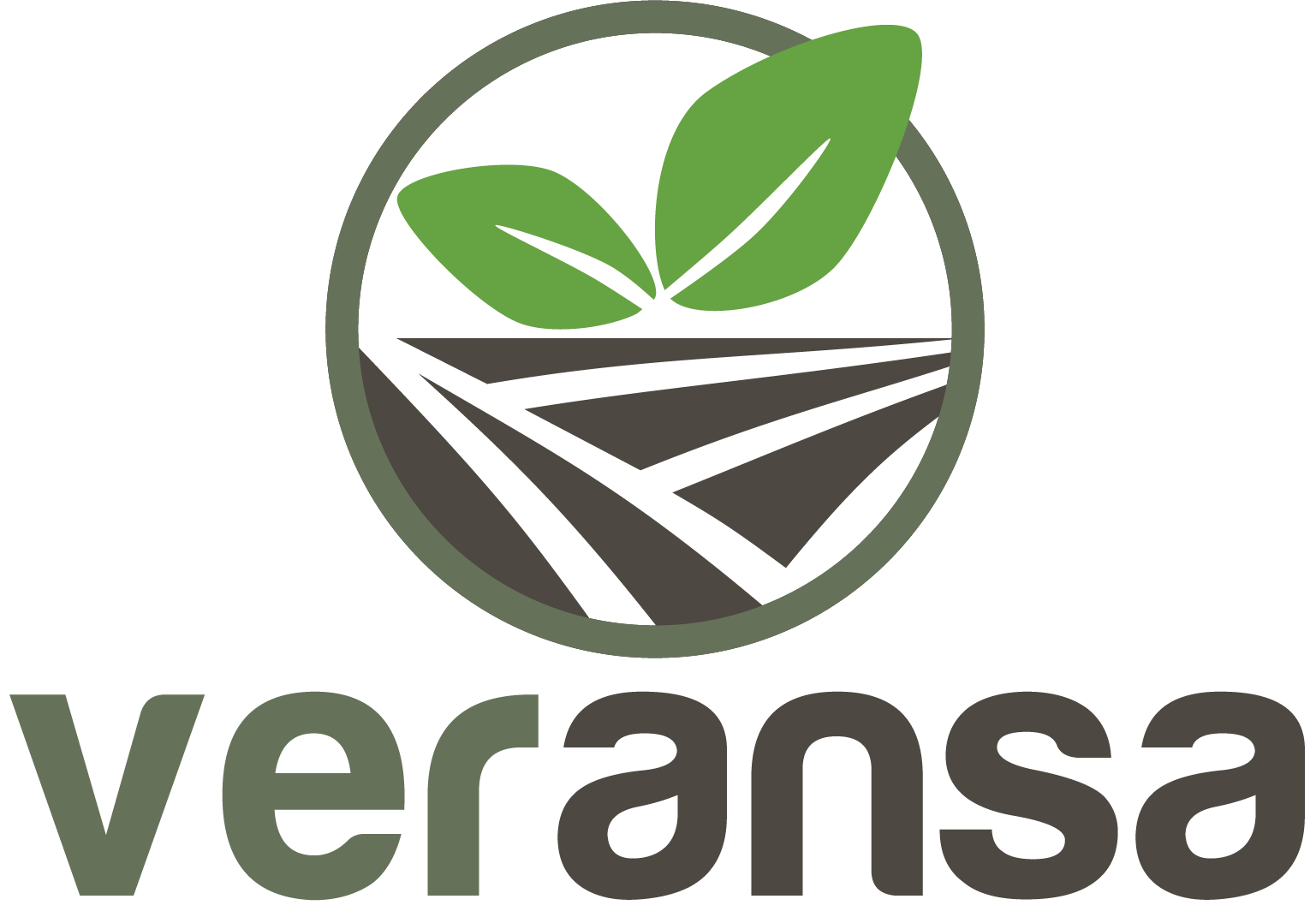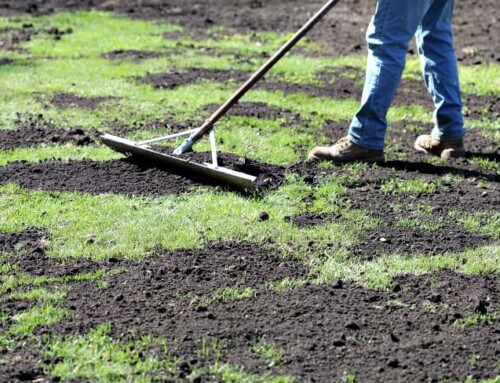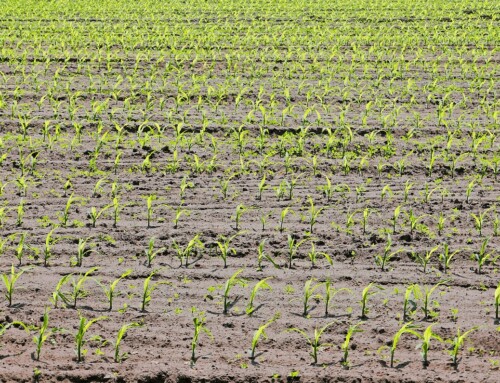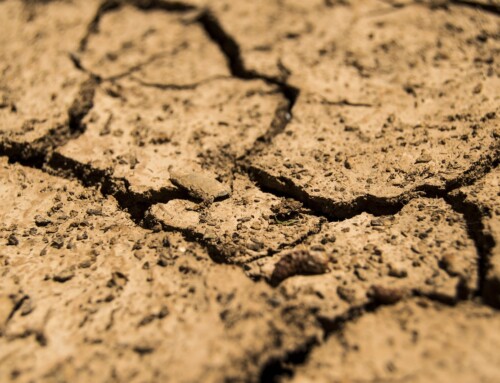As cities grow and space becomes more limited, urban areas are facing increasing pressure to manage waste sustainably, feed growing populations, and create healthier living environments. One innovative and accessible solution to these challenges is urban composting. By turning organic waste into nutrient-rich compost, cities can reduce landfill contributions, support local food systems, and foster greener infrastructure.
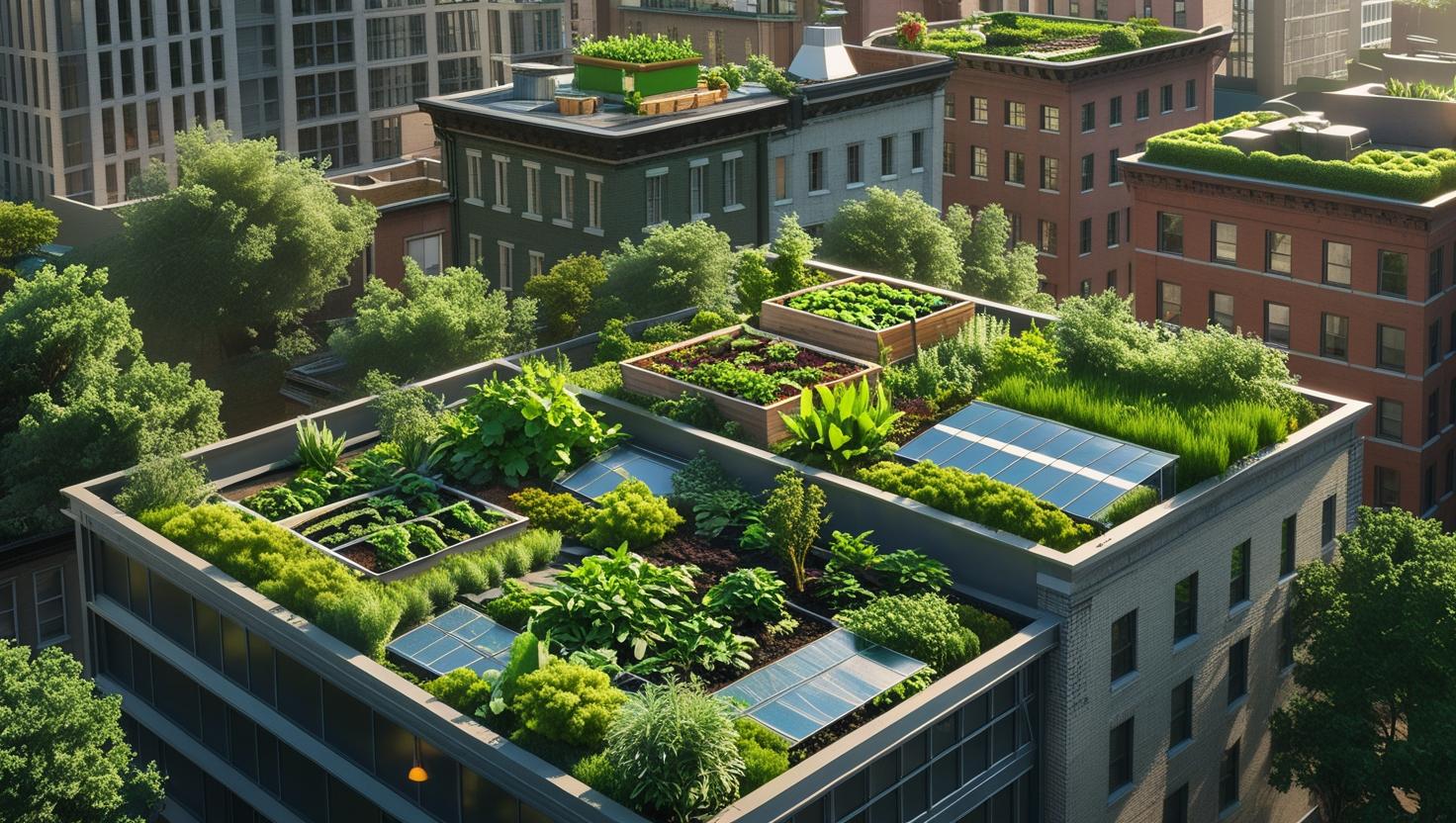
Composting in the City: A Necessary Innovation
Urban areas produce vast amounts of organic waste—food scraps, yard trimmings, and other biodegradable materials—that often end up in landfills, contributing to greenhouse gas emissions. Composting provides a sustainable alternative by diverting this waste and transforming it into a valuable resource that supports soil health and plant growth.
In densely populated environments, composting helps reduce overall waste volume and offers a closed-loop system where waste becomes a tool for regeneration. This process is not only environmentally responsible but also economically sound, as it decreases the costs of waste management and the need for synthetic fertilizers.
Supporting Urban Gardening and Agriculture
Urban gardening and agriculture are on the rise, from rooftop farms and community gardens to vertical growing systems and hydroponics. These efforts benefit immensely from compost, which enhances soil structure, fertility, and moisture retention—all essential for healthy urban crops.
In small garden plots or raised beds, compost offers a natural way to nourish plants without relying on chemical inputs. For city dwellers growing fruits, vegetables, or ornamentals, compost is a key ingredient in creating thriving micro-ecosystems. Its application can also reduce the frequency of watering and improve crop yields, making urban agriculture more efficient and sustainable.
Building Green Infrastructure with Compost
Beyond gardens and farms, compost plays an essential role in green infrastructure projects. It’s used in bioswales, rain gardens, and green roofs to support plant growth, manage stormwater, and reduce urban heat. Compost-amended soils filter pollutants, reduce runoff, and stabilize landscapes—critical benefits in areas prone to flooding or poor air quality.
Municipal projects, parks departments, and landscape architects are increasingly turning to compost as a sustainable soil amendment in city planning. By incorporating compost into public green spaces, cities can build healthier environments for residents and local wildlife alike.
Composting as a Tool for Sustainable City Planning
Incorporating composting into urban planning strategies is a forward-thinking approach to creating resilient and sustainable cities. Municipal composting programs and public-private partnerships can help establish robust infrastructure for organic waste collection and processing. These efforts not only support environmental goals but also educate communities about sustainability and resource stewardship.
Furthermore, supporting urban composting initiatives can create local green jobs, reduce landfill reliance, and contribute to climate change mitigation by sequestering carbon in the soil.
How Cities Can Get Started
Urban composting programs can range from small-scale community bins to industrial composting facilities. Key steps include:
-
Educating residents about composting practices
-
Providing convenient compost drop-off locations or curbside collection
-
Partnering with local farms, gardens, or composting companies
-
Integrating compost into city landscaping and green building projects
At every level, composting represents a smart investment in the environment, economy, and well-being of urban populations.
Conclusion
Urban composting is more than a waste solution—it’s a catalyst for greener, more sustainable cities. By turning everyday organic waste into a powerful soil enhancer, cities can support local agriculture, build resilient infrastructure, and create healthier urban environments.
🌱 Explore urban composting innovations and how they can support your city’s green future at www.veransa.com
